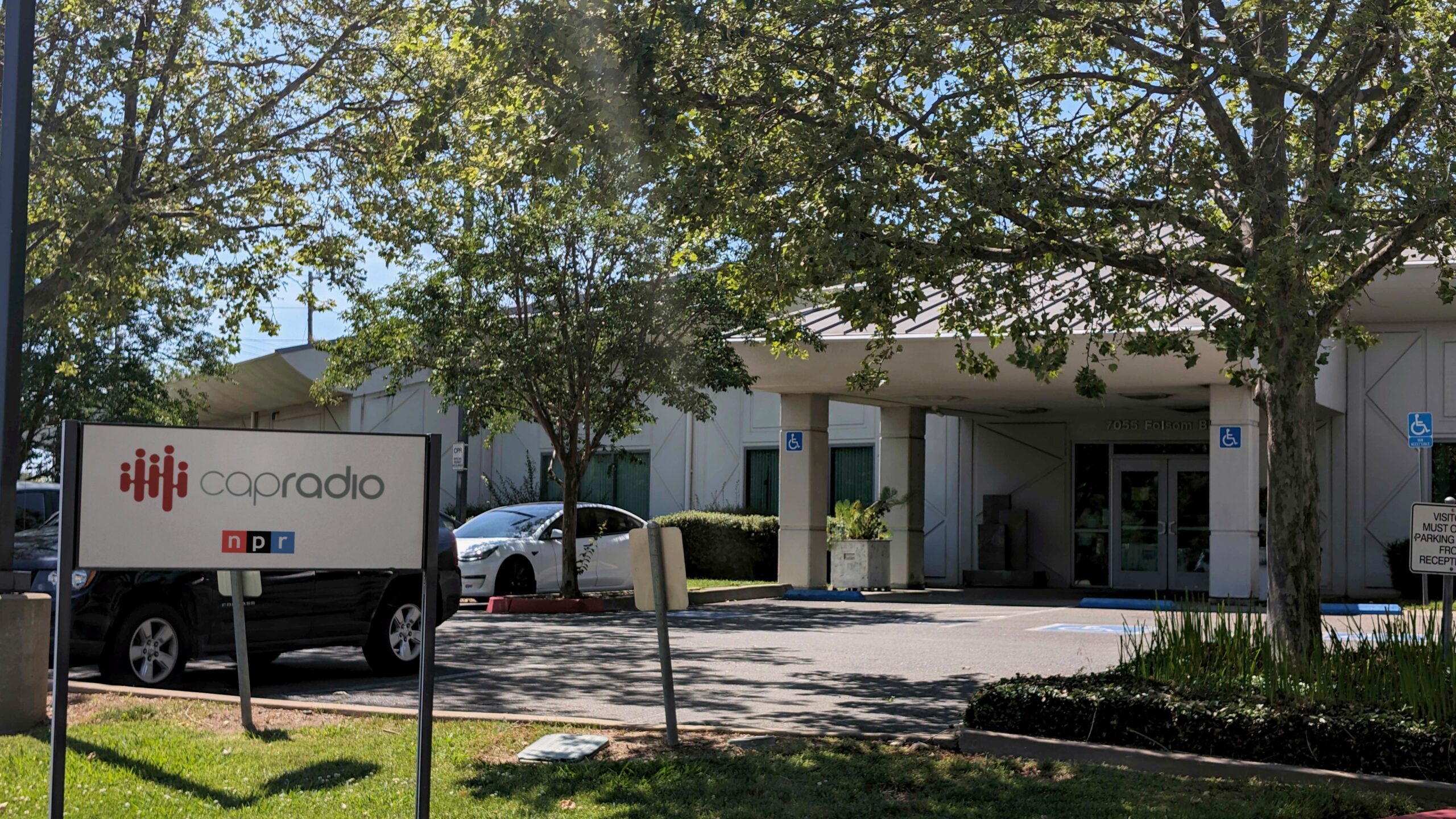Ramer sees potential return on CPB’s investments
A fast-track request for CPB aid to a digital innovation project morphed into a pointed exchange over the corporation’s overall funding objectives during a June 4 board meeting in Washington, D.C.
Questions raised by CPB Board Chair Bruce Ramer target “the basic assumptions we use to make dozens if not hundreds of grants over the course of a year,” said Vinnie Curren, CPB c.o.o., during the meeting.
Ramer, a Los Angeles attorney whose clients include Steven Spielberg and Clint Eastwood, questioned CPB management’s recommendation to provide a supplementary grant of $575,000 to the Independent Television Service for completion of its Online Video Engagement Experience, or OVEE, a digital platform that allows moderated interactive online screenings of video content streamed through PBS.org.
CPB backed development of the technology in 2010 with $954,000. The initial grant was just below the $1 million threshold for grants that require approval by the CPB Board.
ITVS requested this additional aid in March after pilot testing at five pubTV stations — Nine Network in St. Louis, WGBH in Boston, South Carolina ETV, Nashville Public Television and PBS SoCal in Los Angeles. Participating stations have consistently asked that ITVS add the ability to run OVEE on mobile devices, according to Dennis Palmieri, ITVS spokesperson. To add that capability, developers will need to convert PBS.org video from Flash to another video format that’s compatible with mobile devices, he said during an interview with Current. Pilot stations also want to use OVEE to stream live events, such as debates and town hall meetings.
Station and viewer responses to OVEE during pilot tests have demonstrated that the system has great potential for engaging viewers in groundbreaking ways, according to Palmieri. The five stations conducted more than 100 OVEE screenings during the testing period, which drew more than 2,000 users. Early this month, an ITVS screening and discussion of the Oscar-nominated doc Hell and Back Again drew live interactions from more than 400 users; a similar recent Frontline event around the film The Interrupters drew more than 300 participants.
During the board meeting, Jennifer Lawson, CPB senior v.p. for television and digital video content, said management supports ITVS’s proposal to adapt OVEE for mobile and live-streaming uses.
Ramer, a Republican director whose board term expires in December, immediately raised questions about the project. “Why does ITVS own it when we paid for it?” he asked. “Can we get money back if this becomes a money-making venture?”
Provisions within the grant contract do allow for revenue sharing, Curren replied. “But this is a grant to ITVS to produce a utility that will be of use to them and to the system,” he added.

Ramer's question came up about OVEE, an online video player designed by ITVS to bring social media interactivity into group "screenings" of PBS.org shows organized by any viewer in the country. Avatars at lower left represent viewers in the screening. Viewers invited to the virtual "screening" can chat in the right-hand column and express push-button views by choosing among the blue icons at left.
Ramer is interested in setting a new criterion for CPB grant-making. He’d like to consider “more ways to get more money back into our coffers to be used again,” he said. In the business world, “you wouldn’t put a million dollars into a company without expecting to get something back.”
He proposed that CPB consider co-owning OVEE, “like a university with a patent — we should be getting something back.”
“If it’s too late with this project,” Ramer added, “I’d sure like to see us change our way of doing business in the future.”
Curren described a different value from OVEE: “The payback to us is the overall system benefit. That, by extension, has overall benefit to CPB.”
The board agreed to take up the proposal again during a June 25 telephonic meeting. Further delays in providing the grant could lead to higher development costs, Lawson told the board.
Ramer asked members to email their specific questions on OVEE to CPB staff. As for his larger concerns about generating revenues from CPB-backed projects, Ramer suggested waiting “until we have more time, maybe a board retreat, when we can sit and talk.”
Ramer was appointed by President George W. Bush and confirmed by the Senate in October 2008.
UPDATE
CPB goes ahead with grant for ITVS video-player project
On June 14, 10 days after CPB Chair Bruce Ramer raised grantmaking issues during discussion of the OVEE social-media video player, the board voted unanimously to approve the OVEE grant.
“On behalf of the Board of Directors, we are proud to support this important engagement tool, which will benefit stations and help them better serve their communities,” Ramer said in a press release.
The Online Video Engagement Experience (OVEE) “is a digital engagement platform that allows public broadcasting stations, local organizations, educators, and other key public broadcasting constituents to conduct live, online screenings of most PBS programs while interacting with participants live and in real time.”
RELATED LINKS
Try OVEE yourself, using the app in its beta phase on the ITVS site. The quick route to sign-in is to use a Facebook ID if you have one.
Comments, questions, tips? sefton@current.org








